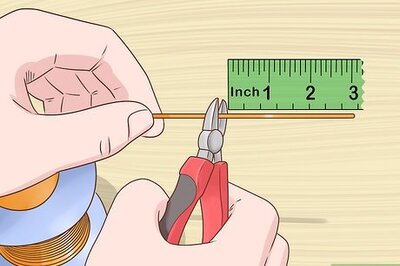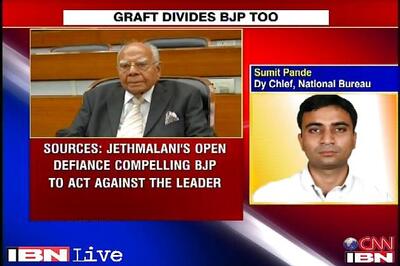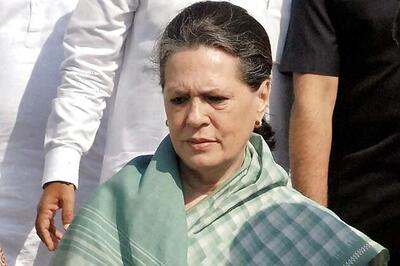
views
CHENNAI: We talk about protecting a child, from sexual abuse and violence, but in the event of abuse, what does one do? Health care experts offer the whats, hows and whys that need to be done in dealing with physical and psychological trauma that follows.Going by the available data, 52.22 per cent of children in India were sexually abused at least once during their childhood. But how many of them spoke about it to their parents or shared the trauma of abuse with anyone they trusted? How many of the children were told it was not their fault? How many of them continued to bear the brunt of the trauma all their lives, which has irrevocable consequences?It is high time, the culture of silence is broken and the community reaches out for help, opine experts. “Pediatricians and general practitioners have a very important role to play here. The moment they spot tell-tale signs of an unexplainable injury in private parts or in any other area, or the history of the injury doesn’t correspond with the injury, they immediately have to probe further to find out the background and then appropriately deal with it,” said Dr P S Muralidharan, Deputy Superintendent, Institute of Child Health, Egmore. The other tell-tale signs parents and pediatricians should keep an eye on in the event of absence of a physical injury are unusual depression, a sudden dip in performance at school, waking up in dreams in the middle of the night, recurrent abdominal pain, lack of appetite, headaches, vomiting, which could be the result of other forms of sexual abuse like oral sex, masturbating in front of the child, touching and petting the private parts, exhibitionism, which so far may not have caused a physical injury but can very much be a traumatising experience for the child psychologically, observed Dr Jayanthini, Psychiatrist, HOD, Child Guidance Clinic, Institute of Child Health.Most of the time, children are too young to understand what is happening to them, and they are not in a position to verbally express it. Parents, for the fear of stigma or with the idea of protecting family pride and believing they are protecting the child, do not come out with the truth but rather try to cover it up most times. This has serious consequences later in life, explained Dr Jayanthini.She pointed out that it was just the tip of the iceberg. Child sexual abuse cuts across all income groups and across genders — both boys and girls are equally vulnerable. “We see children as young as two years old to as old as 18 years being subject to abuse.”The experts are also of the opinion that in case of physical abuse resulting in a surgical procedure, the parent should ensure periodic medical checkups to avoid infections, which can affect the reproductive health of the child. Unresolved psychological trauma disturbs an individual for long, Dr Jayanthini recalled. “Because of an unresolved trauma, many women face problems later in life, be it in their sexual life, fear or hatred for men or in the ability to form lasting relationships with men. Some even go to the extent of remaining unmarried,” he said. “Children who are abused, along with their families, need to have proper counselling sessions with experts that will help them deal with the trauma. Parents should stop blaming each other and also the child, but be supportive. It is very important for an abused child to know that it is not his or her fault,” he added.




















Comments
0 comment